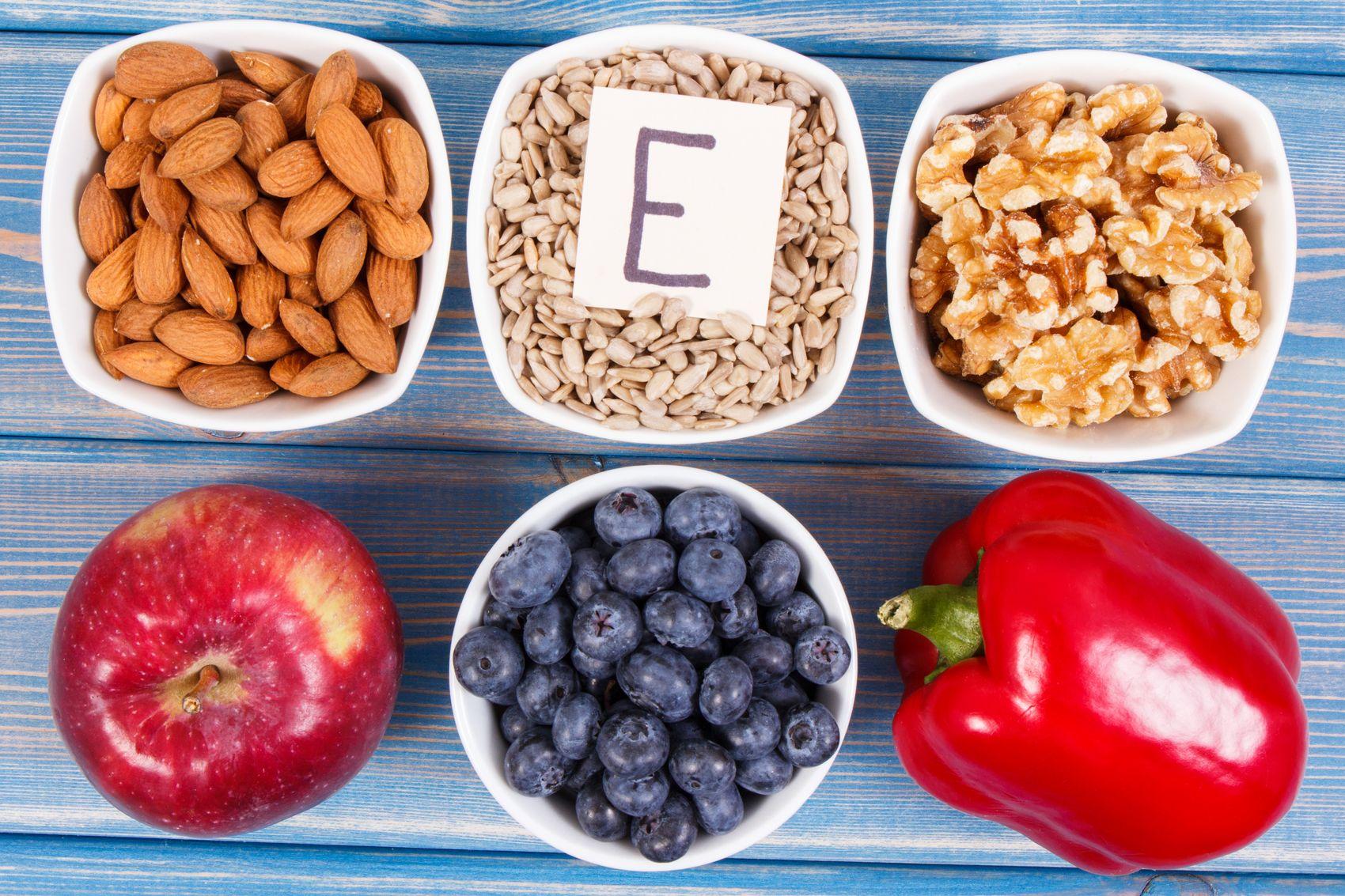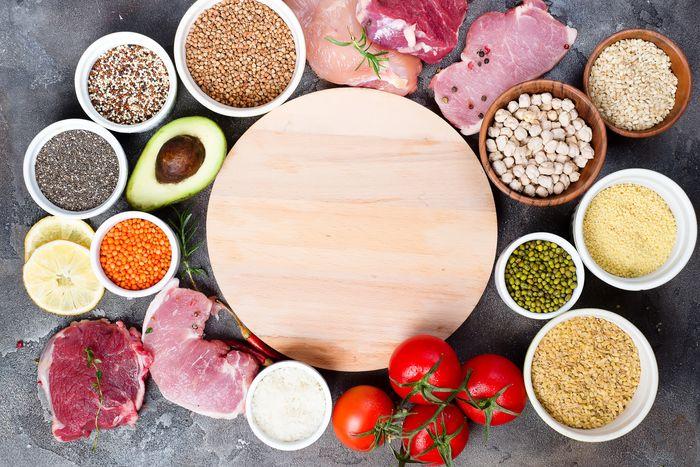We all know that keeping an eye on our calorie intake and macronutrients (carbohydrates, fat, and protein) is an essential part of having a healthy diet. But many of us forget the importance of micronutrients (vitamins and minerals) in the food we eat. Obviously potential vitamin and mineral deficiencies depend on each person as we all have different diets, but there are some deficiencies that are more common than others. Obviously potential vitamin and mineral deficiencies depend on each person as we all have different diets, but there are some vitamin and mineral deficiencies that are more common than others.
5 Most Common Mineral Deficiencies (& Why You Should Care)
1) Iron
Iron is an essential mineral that helps transport oxygen to your blood cells, so it plays an important part in looking after your blood health. Vegetarians and vegans are particularly at risk of developing an iron deficiency because some of the main sources of iron are red meat and shellfish. Other sources do include beans, seeds, broccoli, and spinach though.
Iron deficiency can cause anemia, fatigue and a weakened immune system.
2) Vitamin B12
Vitamin B12 is required by the body for a number of vital functions, including energy production, blood formation, and brain and nerve function. As the body is unable to produce Vitamin B12, we need to consume it in our diet (or through supplements), and a deficiency of this vitamin is common for vegetarians because it’s mostly found in animal products.
Being deficient in Vitamin B12 can cause ‘brain fog,’ memory problems, mood swings, muscle weakness, and general fatigue.
You May Also Like: Is Your Sweet Tooth Taking Control? This Could be the Result of a Protein Deficiency
3) Iodine
Iodine is a mineral that plays an essential part in maintaining normal thyroid function, including the production of thyroid hormones. It can be found in eggs, yogurt, fish and seaweed, and the most common symptom of iodine deficiency is an enlarged thyroid gland.
Other symptoms may include shortness of breath, dry mouth and skin, reduced alertness and an increase in heart rate and weight gain.
4) Vitamin A
Vitamin A is an essential vitamin that helps to form and maintain healthy skin, teeth, bones and cell membranes. It also plays an important role in eye health. Vitamin A is found in liver, fish liver oil, sweet potato, carrots, and dark green leafy vegetables.
If a person is deficient in Vitamin A, then the Vitamin D in their body can’t function optimally either, so it’s important to maintain a good balance of both of these vitamins.
5) Calcium
Calcium is one of the several nutrients required for strong, healthy bones and teeth. It also plays an important role in signaling throughout the body. Some sources of calcium are dairy products, boned fish (such as sardines) and dark green leafy vegetables.
In the event of a calcium deficiency, the body releases calcium from the bones into the blood, which is why one of the main symptoms of a calcium deficiency is osteoporosis.
It’s also worth noting that it is possible to consume too much of some vitamins and minerals though, so as always, have everything in moderation.


